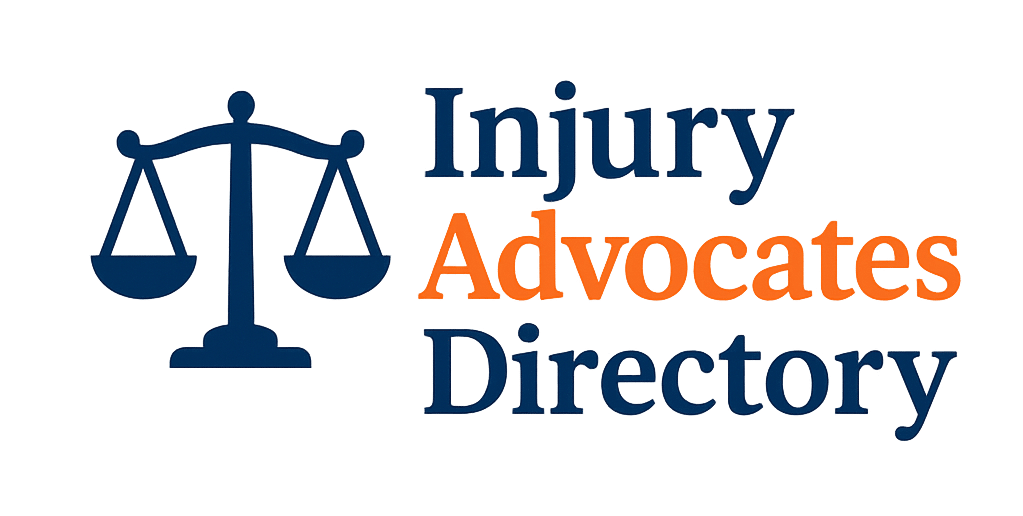Filing a personal injury lawsuit can be a daunting process, and understanding the stages that follow is crucial for anyone involved. Knowing what happens after you file a personal injury lawsuit can help you navigate the complexities of the legal system and prepare for the road ahead.
This article will outline the key steps and timelines involved in a personal injury lawsuit, providing valuable insights into what to expect during this journey.
What are the key steps in a personal injury lawsuit?
When you initiate a personal injury lawsuit, there are several important steps that typically unfold. Firstly, it's essential to hire a personal injury attorney who can guide you through the legal landscape. They will evaluate your case, gather evidence, and help formulate a strategy for your lawsuit.
After hiring your attorney, the next step usually involves filing a complaint. This document outlines your claims against the defendant and formally initiates the lawsuit. Following this, the defendant will respond, either admitting or denying the allegations.
- Filing a complaint
- Defendant's response
- Discovery process
- Mediation and settlement discussions
- Trial preparation, if necessary
Each of these steps plays a crucial role in determining the outcome of your case. Understanding these stages can prepare you for what lies ahead and help manage your expectations as the process unfolds.
How long does a personal injury claim take to go through?
The duration of a personal injury claim can vary significantly based on various factors. On average, a personal injury claim can take anywhere from a few months to several years to resolve. Factors that influence the timeline include the complexity of the case, the willingness of both parties to negotiate, and the court's schedule.
Simple cases that can be settled quickly may take a few months, while more complicated cases that require extensive evidence gathering and negotiations could take years. It's vital to discuss potential timelines with your personal injury attorney to set realistic expectations.
What happens during the discovery process in a personal injury lawsuit?
The discovery process is a crucial phase in a personal injury lawsuit where both parties exchange information and evidence. This phase allows each side to uncover facts relevant to the case. The discovery process typically involves several key components:
- Interrogatories: Written questions that one party sends to the other, requiring a written response.
- Depositions: Sworn testimonies taken from parties and witnesses, often conducted in an attorney's office.
- Document Requests: Requests for specific documents that support each party's claims or defenses.
This process can be time-consuming, but it is essential for building a solid case. Both parties must be thorough and diligent to ensure that all relevant information is disclosed.
How can you prepare for a trial in a personal injury case?
Preparing for a trial can be a daunting task, but with the right approach, you can significantly enhance your chances of success. Consulting with your personal injury attorney is the first step, as they will guide you on what to expect during the trial.
Some key preparation steps include:
- Gathering and organizing evidence, including medical records and witness statements.
- Practicing your testimony with your attorney to ensure clarity and confidence.
- Understanding the trial process, including jury selection and the roles of the judge and attorneys.
Additionally, remaining calm and composed during the trial is essential. Your demeanor can influence how your case is perceived by the jury.
What is the role of mediation in a personal injury lawsuit?
Mediation is often an option in personal injury lawsuits, serving as a method for both parties to negotiate a settlement before going to trial. The mediation process involves a neutral third party, known as a mediator, who facilitates discussions between the plaintiff and defendant.
The primary goal of mediation is to reach a mutually agreeable settlement. It can save both parties time, money, and emotional stress compared to a lengthy trial. During mediation:
- Each party presents their case to the mediator.
- The mediator helps identify common ground and potential settlement options.
- If a settlement is reached, it is formalized and can prevent the need for a trial.
Mediation is generally a less adversarial approach and can promote a more amicable resolution.
What are the chances of settling a personal injury case before trial?
Many personal injury cases settle before they reach trial. In fact, statistics indicate that a significant majority of personal injury claims are resolved through settlements. The likelihood of settlement often depends on several factors, including:
The strength of the evidence, the willingness of both parties to negotiate, and the potential costs of going to trial. Engaging in open communication with your attorney can provide insight into the likelihood of a settlement in your particular case.
What should you expect after filing a personal injury lawsuit?
After filing your personal injury lawsuit, you should expect a series of events to unfold. Initially, the defendant will respond to your complaint, and the discovery process will commence. It is essential to stay engaged and informed throughout this phase.
In addition, you can expect:
- Potential settlement discussions and mediation sessions.
- Ongoing communication with your attorney regarding case developments.
- A timeline that can vary significantly based on case complexity.
Understanding these expectations can help you navigate the legal process more effectively and reduce any anxiety associated with the journey.
Frequently Asked Questions About Personal Injury Lawsuits
What are the odds of winning a personal injury lawsuit?
The odds of winning a personal injury lawsuit depend on numerous factors, including the strength of the evidence, the credibility of witnesses, and the skill of your attorney. Generally, cases with strong evidence and clear liability have a higher chance of success.
Additionally, settlements often occur when both parties recognize the likelihood of trial outcomes. Thus, understanding these dynamics is crucial for evaluating your case.
How long does a personal injury claim take to go through?
The duration of a personal injury claim can range from a few months to several years. Factors like the complexity of the case, the number of parties involved, and the willingness to negotiate all influence the timeline.
Ultimately, discussing your specific situation with a personal injury attorney can provide clarity on expected timeframes and help you plan accordingly.
How long do most personal injury cases take to settle?
Most personal injury cases can take anywhere from a few months to a couple of years to settle. The exact time frame largely depends on the complexity of the case, the damages incurred, and the negotiation process between parties.
Additionally, if a case goes to trial, it can significantly extend the timeline. Working closely with your attorney can help expedite the process while ensuring a fair settlement.
What happens when you sue for personal injury?
When you sue for personal injury, you initiate legal proceedings against the party you believe is responsible for your injuries. The process begins with filing a complaint, followed by the discovery phase, and potentially proceeding to mediation or trial if a settlement cannot be reached.
Throughout this process, having effective legal representation is crucial to navigate the complexities of the lawsuit and to advocate for your rights effectively.

